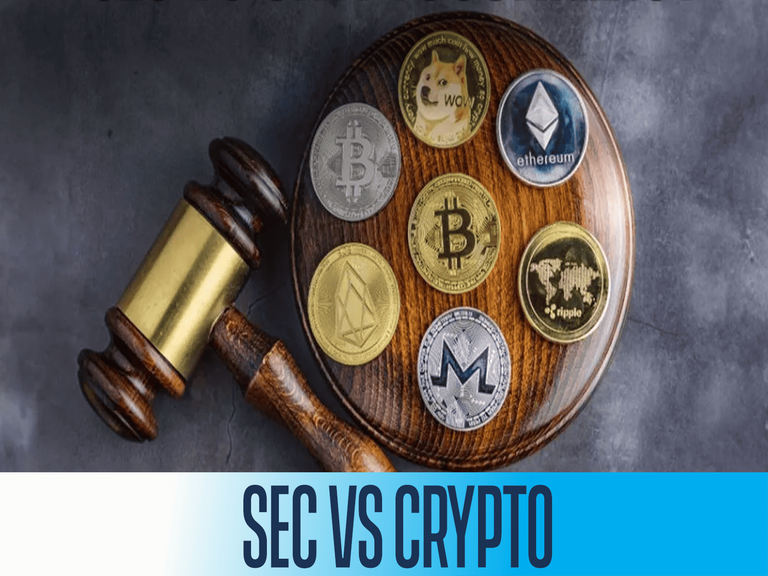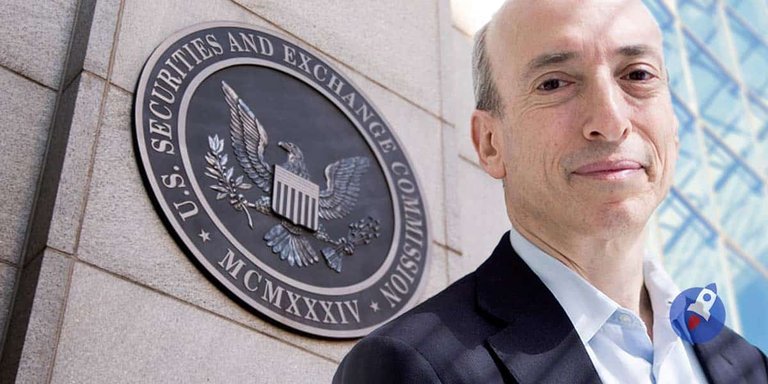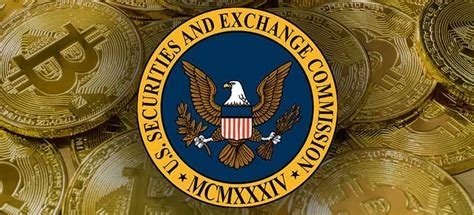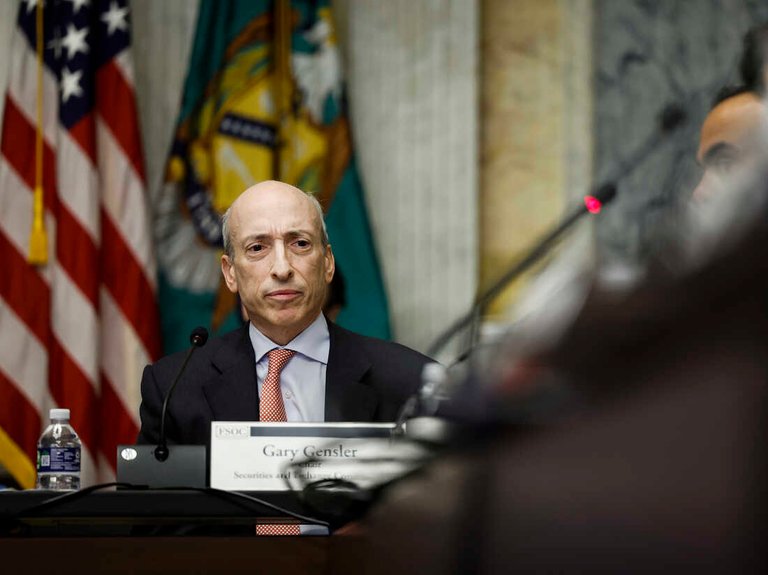
On October 9, SEC Commissioner Mark Uyeda criticized the agency’s approach to the cryptocurrency sector, labeling it a "disaster" during an interview with Fox Business. He argued that the SEC has been enforcing policies without providing clear guidance, resulting in a flood of lawsuits and an environment of uncertainty for investors. According to Uyeda, this lack of clarity has stifled innovation and growth across the crypto industry.
Uyeda’s remarks reflect a growing frustration within the industry, where analysts and crypto founders argue that the SEC’s actions have unnecessarily stalled progress. Research shows a sharp rise in legal proceedings related to cryptocurrencies, with a fourfold increase from the second to the third quarter of 2024.
SEC’s Actions Under Gensler: Stifling Innovation

Uyeda’s criticism isn't isolated. Billionaire Mark Cuban, founder of Cost Plus Drugs and minority owner of the Dallas Mavericks, has echoed similar concerns. Cuban argues that the SEC's actions under its chairman, Gary Gensler, could even cost the Democrats politically. Cuban has called for Gensler’s dismissal, going so far as to joke about becoming the next SEC chair under a potential Harris administration.
Uyeda, who has supported making cryptocurrencies more accessible—including his vote for approving Bitcoin spot ETFs—highlights a growing divide within the SEC about how to regulate the emerging digital asset economy. Industry leaders like Brad Garlinghouse (CEO of Ripple) and the Winklevoss twins (co-founders of Gemini) have repeatedly voiced their frustration over the SEC’s unclear regulatory framework, which they say forces crypto companies to move operations overseas.
Striking a Balance: The Need for Clear Regulation
While it's easy to criticize the SEC, regulatory oversight remains necessary to protect investors and ensure market integrity. The SEC has taken important actions, such as penalizing Silvergate Capital for its failure to monitor FTX or prosecuting Terraform Labs for the $40 billion collapse of TerraUSD and Luna in 2022. These cases underscore the agency’s responsibility to hold companies accountable when they fail to protect consumers.
However, crypto firms like Coinbase and Crypto.com have pushed back, filing lawsuits against the SEC for overreaching its authority by classifying digital assets as securities. Uyeda, while skeptical about these specific cases, acknowledges that the broader frustration stems from the lack of comprehensive interpretive guidance from the SEC.
Regulatory Focus on Niche Crypto Sectors

Beyond mainstream digital assets like Bitcoin and Ethereum, there are entire subsectors of the crypto market that regulatory authorities have largely overlooked. These include speculative assets like memecoins and non-fungible tokens (NFTs), which, though often controversial, pose unique risks to investor security. The memecoin sector, for example, is crowded with low-cap tokens and new projects, many of which involve pump-and-dump schemes that take advantage of inexperienced investors.
This lack of oversight puts legitimate, innovative projects at risk. Verified projects attempting to introduce stability and utility to speculative markets are often overshadowed by fraudulent schemes. A prime example is the new project Crypto All-Stars (STARS), which seeks to reduce the risks in the memecoin market by introducing a unified staking protocol called MemeVault. This kind of innovation aims to add security to a sector rife with volatility, but regulatory neglect means these projects struggle to thrive in a risky environment.
The Path Forward: Regulatory Clarity Is Crucial

The ongoing debate within the SEC, coupled with industry pushback, highlights the urgent need for clearer regulations that not only protect investors but also foster innovation. Without a well-defined framework, crypto firms will continue to face challenges in navigating compliance, and investors will remain exposed to unnecessary risks.
In the broader context, the focus must extend beyond major digital assets to include the less-regulated corners of the crypto market. Ensuring a balanced approach could protect both the integrity of the market and encourage technological advancement, benefiting both investors and innovators alike.